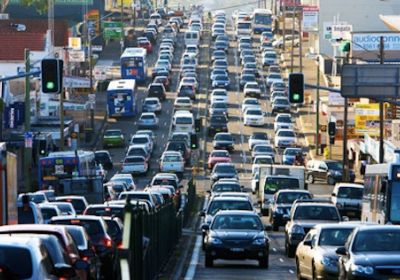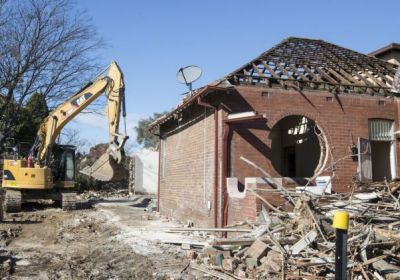
When it is suddenly announced that an eight-lane toll road is about to be tunnelled underneath a neighbourhood, it is no surprise that the community springs into action.

When it is suddenly announced that an eight-lane toll road is about to be tunnelled underneath a neighbourhood, it is no surprise that the community springs into action.
